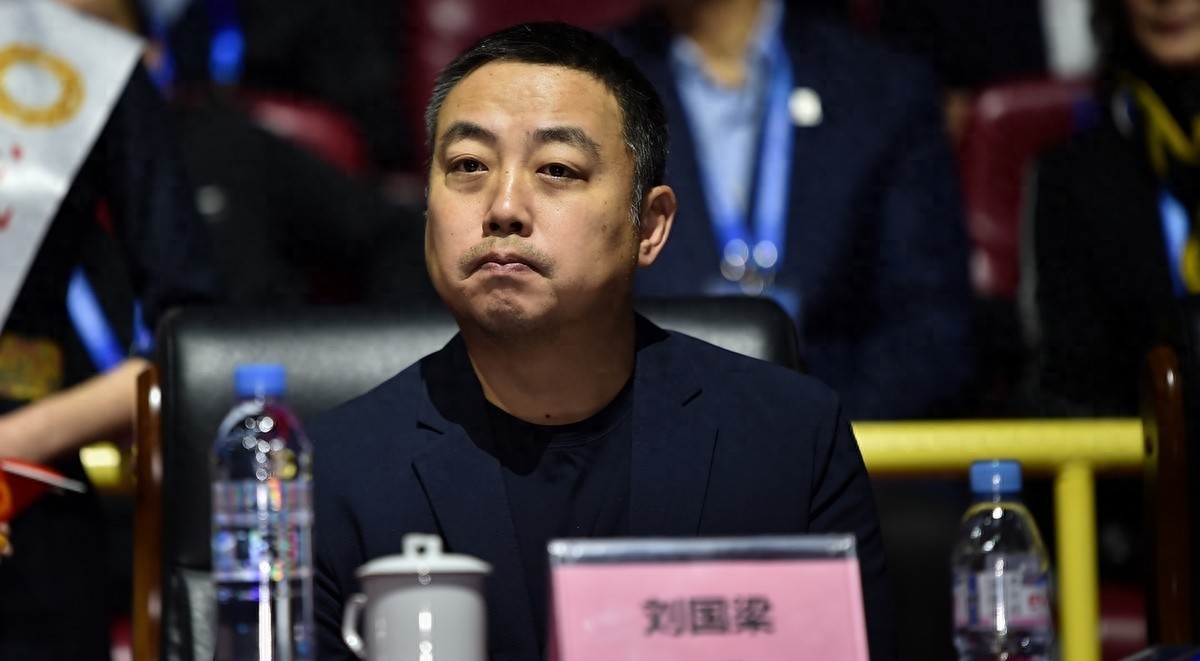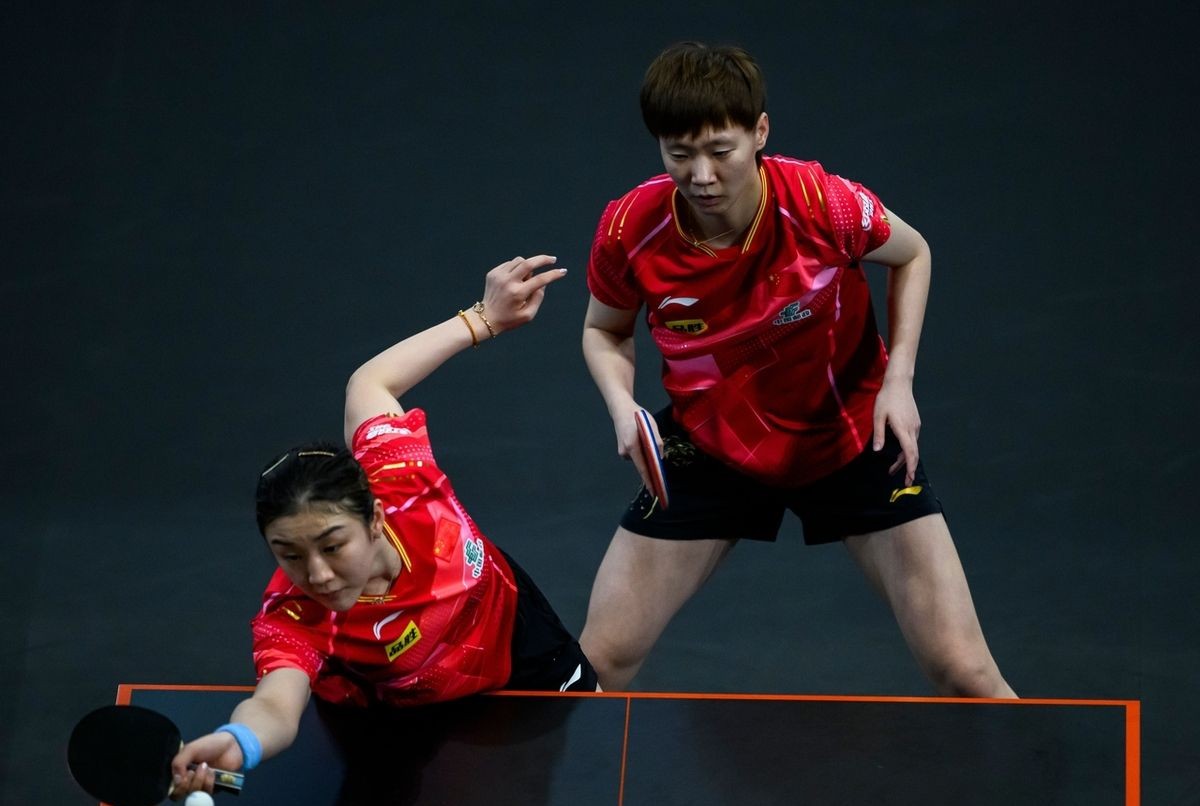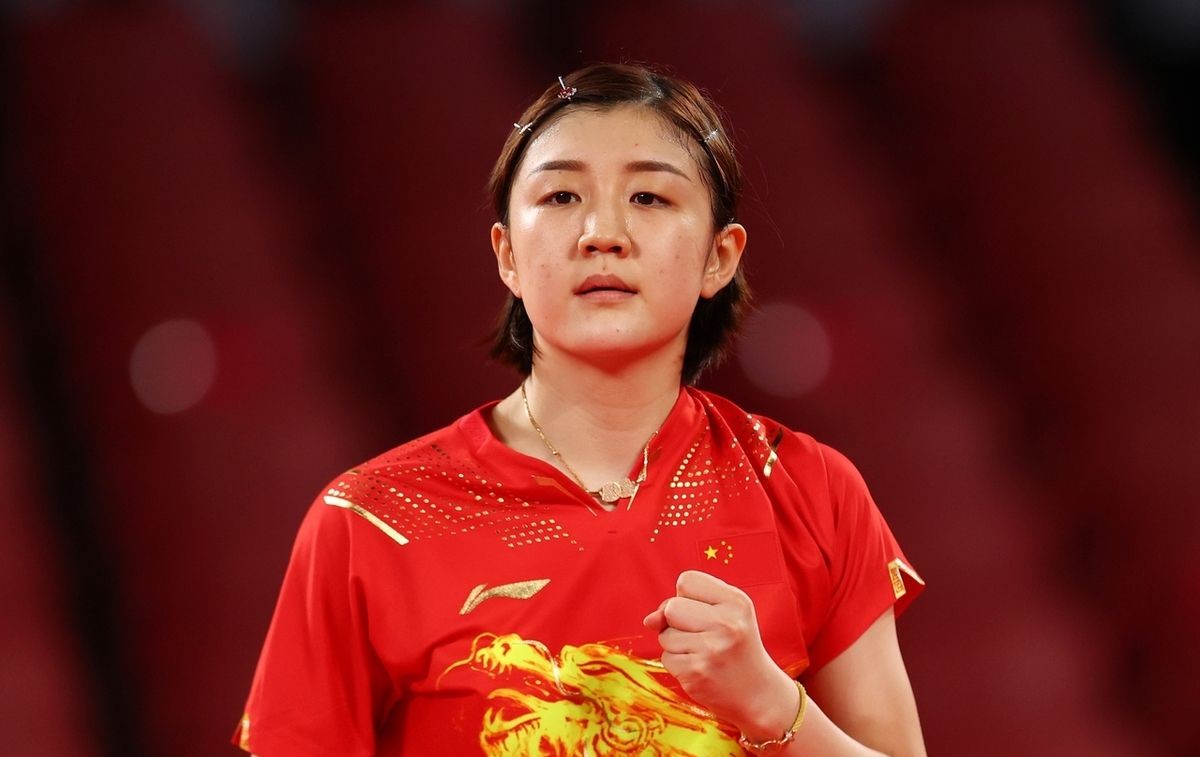Recently, the International Table Tennis Federation announced the latest world rankings, which came as a shock to Chinese fans. Among the five individual events, China holds three top spots, but has lost one world number one ranking compared to the previous period. What is going on here? What secrets lie behind this?

In men's singles, Wang Chuqin and Lin Shidong maintain their top two positions, with Wang Chuqin leading as expected. Lin Shidong, however, has climbed to second in the world after winning five singles titles following the Paris Olympics, including the grand slam title in China. Liang Jingkun and Lin Gaoyuan are ranked fifth and ninth, respectively. Notably, Japanese player Zhang Ben Zhihe is ranked third, followed by French player Xiaolei Lun and other European contenders.

In women's singles, Sun Yingsha continues to lead, with Wang Manyu, Wang Yidi, and Chen Xingtong ranking second to fourth, showcasing the strength of the national women's team. Japanese players Hina Hayata and Miyuu Higa are close behind, occupying fifth to seventh places, with competition remaining fierce.

In mixed doubles, the Olympic champion pair of Wang Chuqin/Sun Yingsha remains firmly at the top. The Lin Shidong/Kuaiman pair ranks third, while the Lin Gaoyuan/Wang Yidi pair ranks eighth.

However, there is bad news in both men's and women's doubles! In men's doubles, the French Lebrun brothers topped the world rankings after winning the year-end finals, with the Chinese pair of Xiang Peng/Yuan Licen finishing second. More shockingly, the national table tennis women's doubles pair has lost its world number one ranking! The previously leading Wang Manyu/Chen Meng pair has now been surpassed by the South Korean pair of Tian Zhixi/Shin Yubin. The Qian Tianyi/Chen Xingtong pair ranks third, while the Sun Yingsha/Wang Yidi pair ranks seventh.

This is not just about the difference in strength; deeper reasons relate to the collective withdrawal of three Olympic champions. Chen Meng, Ma Long, and Fan Zhendong, these three distinguished figures of national table tennis, have collectively withdrawn from the world rankings!

What could be the reason for this? It turns out that the new rules introduced by WTT stipulate that non-participation will result in hefty fines, while the prize money for participation is meager. For these accomplished athletes, this is undoubtedly adding insult to injury and a disrespect to their careers. They would rather give up their rankings than accept such unfair treatment. This is undoubtedly a bombshell dropped on the international table tennis arena, sparking significant controversy and discussion.
The International Table Tennis Federation has also realized the severity of the issue and urgently formed a five-person investigation team to research the WTT rules. However, what the final outcome will be remains to be seen. Is this a harbinger of a storm or a silent protest?
The withdrawal of Chen Meng, Ma Long, and Fan Zhendong has undoubtedly dealt a severe blow to national table tennis. Their absence not only affects the team's overall strength but also shakes the dominant position that national table tennis has held in the world arena for many years. Does this mean that the era of national table tennis is coming to an end?
Behind this, perhaps a deeper question is whether the WTT rules are truly reasonable and fair? Should more attention be paid to the interests and feelings of the athletes? This is not just a problem faced by national table tennis but a question that the entire world table tennis community needs to consider.
More worrying is what will happen to national table tennis if the three Olympic champions cannot return to the court? Can the younger generation of athletes shoulder the responsibility and continue to defend the honor of national table tennis? This will be a challenge for national table tennis.
This incident is not just the result of a sports event but a profound discussion about rules, fairness, and athlete rights. It shows us the cruel side of sports competition and the helplessness and struggle of athletes. We look forward to the International Table Tennis Federation providing a prompt response, hope that national table tennis can overcome difficulties, and expect the three Olympic champions to return to the court to bring us more exciting matches.
This turmoil has not only shaken the Chinese table tennis team but also attracted the attention of the world table tennis community. Is this a temporary low point for national table tennis or the end of an era? Only time can tell. And we can only wait and see.